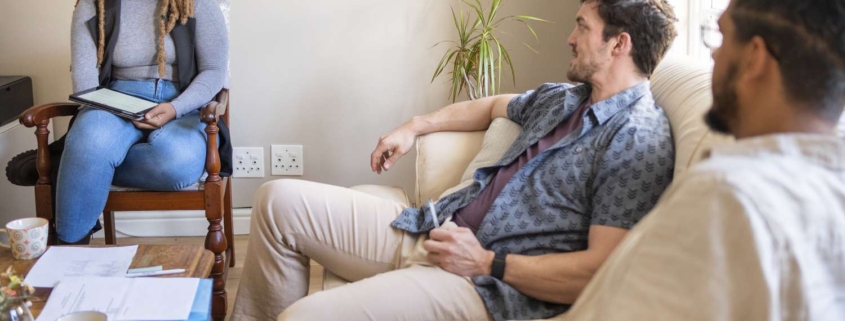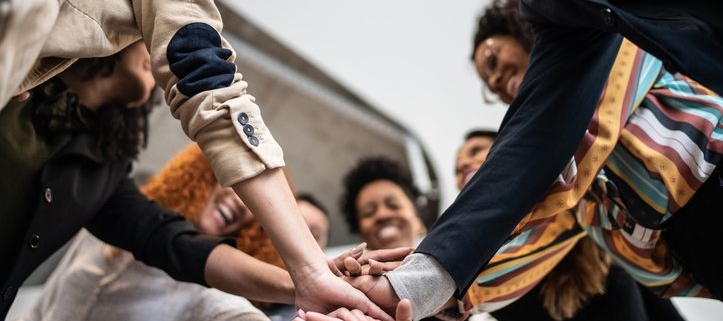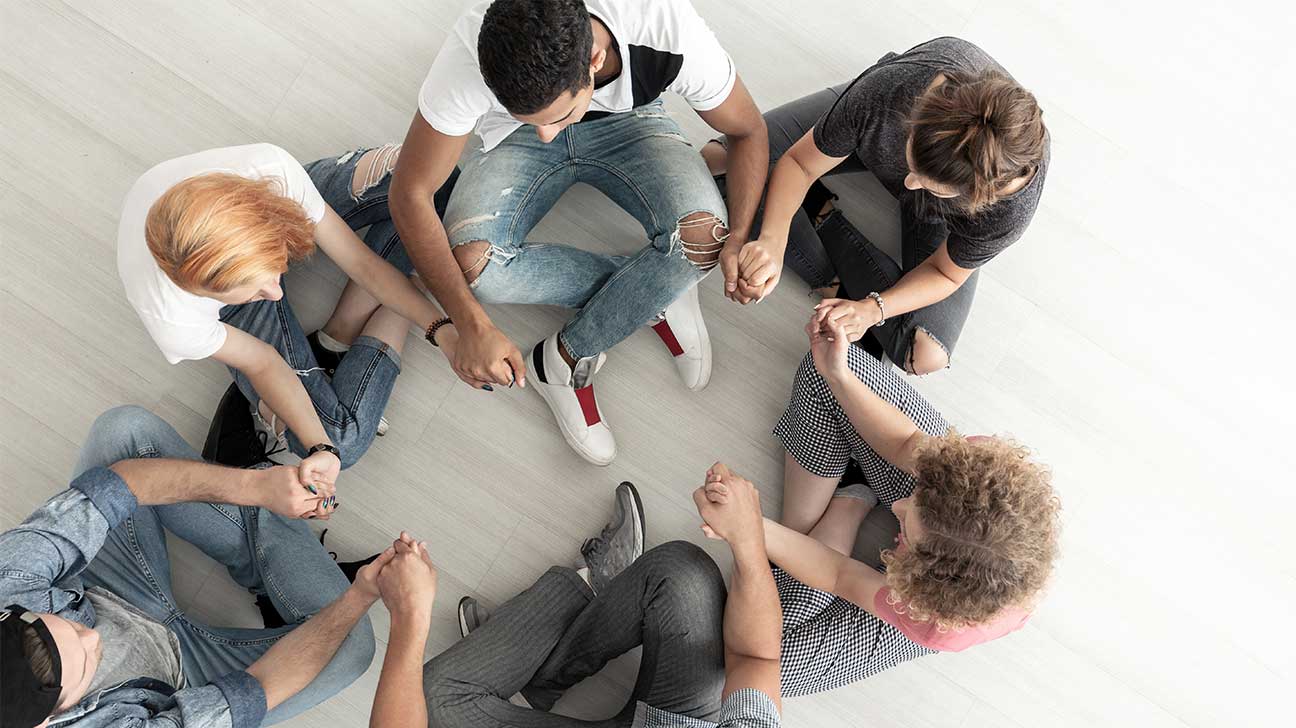Drug addiction is a serious challenge, not just for individuals but for couples who may struggle together. When the decision to seek help is made, finances can often seem like a major obstacle. In Baltimore, various financing options are available to ensure that you and your partner can access the treatment you need, whether it’s residential, outpatient, or sober living programs. This article will explore drug rehab financing options in Baltimore to make recovery affordable and accessible Couples Rehab.
Drug addiction is a pervasive issue that can disrupt both individual lives and relationships. Couples dealing with addiction face a unique set of challenges, and seeking treatment together can provide a supportive and united approach. However, the cost of rehab can be daunting, particularly when considering the most effective programs like residential or outpatient care. Fortunately, in Baltimore, there are several financing options that make it possible for couples to seek affordable recovery without financial strain. This guide will cover the different drug rehab financing options in Baltimore, ensuring you and your partner can access quality care.
Why Drug Rehab is Important for Couples
When both partners in a relationship are struggling with addiction, it can create a destructive cycle that affects every aspect of life. Trust erodes, communication breaks down, and both emotional and physical well-being deteriorate. Seeking help together offers a path to mutual healing, where couples can support each other throughout the recovery process.
Couples rehab programs in Baltimore are specifically designed to help both partners understand the underlying causes of addiction, rebuild trust, and develop coping strategies. Programs like residential and outpatient treatment, combined with sober living options, provide a structured environment for long-term recovery. Financing these services is essential for making sure couples can access the care they need without undue financial stress.
Common Drug Rehab Programs in Baltimore
Understanding the different types of drug rehab programs available in Baltimore is essential for making informed decisions about treatment. Each option provides unique benefits depending on the severity of the addiction, personal preferences, and financial capacity.
Residential Treatment
Residential treatment, also known as inpatient rehab, is a highly structured program where couples live at the facility full-time. This allows them to focus entirely on their recovery without the distractions and triggers of everyday life. Residential programs in Baltimore often offer a combination of individual therapy, couples counseling, group sessions, and holistic approaches to address addiction’s physical, emotional, and psychological components.
Benefits of Residential Treatment:
- 24/7 medical and emotional support
- Comprehensive detox services
- A community of peers working towards sobriety
Outpatient Treatment
For couples who cannot commit to a full-time residential program, outpatient treatment offers more flexibility. Outpatient rehab allows participants to live at home while attending scheduled therapy sessions throughout the week. This type of program is particularly useful for those with work or family commitments but who still require structured support.
Benefits of Outpatient Treatment:
- Flexible scheduling
- Continued connection to family and work life
- Lower overall cost compared to residential treatment
Sober Living Programs
After completing a residential or outpatient treatment program, couples may transition to a sober living facility. Sober living in Baltimore provides a supportive, drug-free environment where individuals can continue to work on their recovery. While sober living is less intensive than residential or outpatient care, it offers accountability and community, helping couples maintain their sobriety as they reintegrate into society.
Benefits of Sober Living:
- Structured environment
- Gradual transition back to independent living
- Continued support from peers and counselors
Overview of Drug Rehab Costs in Baltimore
The cost of drug rehab in Baltimore can vary greatly depending on the type of program and the length of stay. Residential treatment programs tend to be more expensive due to the comprehensive services provided, while outpatient treatment and sober living facilities often have lower costs.
- Residential treatment: Costs typically range from $5,000 to $30,000 for a 30-day program. Longer stays can increase costs significantly.
- Outpatient treatment: Costs range from $1,000 to $10,000 for a 30-day program, depending on the frequency of sessions.
- Sober living: Monthly costs typically range from $500 to $2,500, depending on the level of services provided.

Financing Options for Drug Rehab in Baltimore
With rehab costs varying based on the program, many couples may be concerned about how to afford treatment. Luckily, there are several financing options in Baltimore that make rehab more accessible.
Health Insurance
One of the most common ways to finance drug rehab is through health insurance. Many insurance policies, including those under the Affordable Care Act (ACA), cover some or all of the costs associated with addiction treatment. Both residential and outpatient programs often qualify for coverage, though it’s essential to check the specifics of your policy.
Insurance Providers in Baltimore:
- Blue Cross Blue Shield
- Aetna
- UnitedHealthcare
- Medicaid
Make sure to verify your insurance coverage and understand what portion of the treatment costs will be your responsibility, such as copayments or deductibles.
Payment Plans and Sliding Scale Fees
Many rehab centers in Baltimore offer payment plans that allow couples to spread out the cost of treatment over time. Sliding scale fees are also available at certain facilities, which adjust the cost of treatment based on your income and ability to pay.
Advantages of Payment Plans:
- Reduced upfront costs
- Flexible repayment options
Scholarships and Grants
Some drug rehab centers in Baltimore provide scholarships or grants to help cover the cost of treatment. These financial aids are often offered through charitable foundations or nonprofits that work with addiction treatment centers to ensure that financial hardship doesn’t prevent individuals from accessing the care they need.
Government Assistance Programs
Baltimore residents may qualify for government-funded programs that cover the cost of addiction treatment. Programs like Medicaid, state-funded rehab centers, and grants from the Substance Abuse and Mental Health Services Administration (SAMHSA) can provide financial assistance to couples seeking recovery.
Nonprofit Organizations
Several nonprofit organizations in Baltimore are dedicated to helping individuals and couples overcome addiction. These organizations often provide free or low-cost treatment options, including outpatient services and sober living facilities. Examples include:
- Helping Up Mission
- Baltimore Station
These organizations may also offer additional support services, such as job training, counseling, and housing assistance, which can further alleviate the financial burden of recovery.
Affordable Recovery: Making the Right Choice for You and Your Partner
Choosing the right rehab program for you and your partner involves considering your specific needs, the severity of your addiction, and your financial situation. Whether opting for residential, outpatient, or sober living programs, the key is to find a facility that offers the services and support you both need while making recovery affordable. Baltimore offers a range of financing options, from health insurance and payment plans to nonprofit assistance, ensuring that couples can focus on healing without being overwhelmed by costs.
When researching drug rehab centers in Baltimore, don’t hesitate to ask about the financing options available. Many facilities are committed to making recovery accessible for all, regardless of financial constraints. Couples who seek treatment together have the opportunity to build a stronger, healthier relationship, and finding the right financial solution can make that journey more manageable.
FAQ: Drug Rehab Financing Options in Baltimore
1. What types of drug rehab programs are available in Baltimore?
- Residential Treatment: Full-time, structured programs where individuals live at the facility.
- Outpatient Treatment: Flexible programs allowing individuals to live at home while attending scheduled therapy sessions.
- Sober Living: Transitional housing providing a supportive environment for maintaining sobriety after initial treatment.
2. How much does drug rehab cost in Baltimore?
- Residential Treatment: $5,000 to $30,000 for a 30-day program.
- Outpatient Treatment: $1,000 to $10,000 for a 30-day program.
- Sober Living: $500 to $2,500 per month.
3. Does health insurance cover drug rehab?
Yes, many insurance plans, including those under the Affordable Care Act, cover drug rehab costs. Coverage varies, so check with your insurance provider for specific details.
4. What are payment plans and sliding scale fees?
- Payment Plans: Allow you to spread out the cost of treatment over time.
- Sliding Scale Fees: Adjust treatment costs based on your income and ability to pay.
5. Are there scholarships or grants available for drug rehab in Baltimore?
Yes, some rehab centers offer scholarships or grants through charitable foundations and nonprofits to help cover treatment costs.
6. Can government assistance help with drug rehab costs?
Yes, programs like Medicaid, state-funded rehab centers, and SAMHSA grants provide financial assistance for addiction treatment.
7. What nonprofit organizations offer affordable rehab options in Baltimore?
Organizations such as Helping Up Mission and Baltimore Station provide free or low-cost treatment options and additional support services.
8. How can I choose the right rehab program for my partner and me?
Consider your specific needs, the severity of your addiction, and your financial situation. Research different programs and financing options to find a solution that fits your budget and provides the support you need.
Conclusion
Drug addiction doesn’t have to define your relationship. Couples in Baltimore have access to a range of financing options that make drug rehab more affordable, whether you’re considering residential treatment, outpatient programs, or sober living. By exploring health insurance, payment plans, scholarships, government assistance, and nonprofit support, you and your partner can find a path to recovery that fits your budget and lifestyle. Affordable recovery is within reach, and with the right support, couples can overcome addiction and build a future together.




















